My dearest friend is an acupuncturist and herbalist and I have listened to hours of discourse from him on the merits of these and other alternative approaches to medicine and the evils of conventional medicine. Most recently, a new book has been published called "Do You Believe in Magic?: The Sense and Nonsense of Alternative Medicine" by Paul Offit. Let the games begin. I intend to read the book, especially since it's available in Kindle form, and possibly I will modify my position as a result if its reading but here goes. This is my current belief. 1. I believe that all alternative forms of medicine should be tested objectively for their efficacy and the results of the tests should be publicly available. Unfortunately, this might require government intervention for two reasons:
a. Government involvement could force compliance, honesty and uniformity in the methodology for the testing and reporting as is the case with FDA testing of patented medicine. I believe that the repeal of the 1994 Dietary Supplement Health and Education Act which gives special exemptions to supplements from the overview and control of the FDA was a mistake and should be repealed.
b. It is likely that government money would be needed to fund the testing or alternatively companies that performed the tests at their own expense should be granted a license to sell the product while others are restricted so that they can recover their investment in testing.
(One of the problems with alternative medicine is that it is economically unwise to pay for the testing if one cannot patent the medicine and reap the benefits of its sale. As such, we're stalemated and we need to change the rules.)
2. I believe that all alternative medicines (or supplements) should be tested for compliance to standards for contents and strength. Today too many products that can vary in quality and strength are sold under the same generic name, for example Vitamin E, some of which are more dangerous than others.
3. I believe that most alternative medicines (or procedures) are simply a demonstration of the placebo effect (mind over body) which has been proven to exist. However, the conventional medical profession has been stymied by the dilemma that prescribing a placebo requires the "belief" by the patient that it works, and it would be unethical for the doctor to lie to the patient about the potency of the "fake" drug. Alternative medicines have become the surrogate for the placebo, albeit at significantly higher price and risk. We need to condone and legalize the ability of the doctor to "lie" and prescribe a placebo in place of a drug that may be more risky and only marginally more potent as part of normal care.
The bottom line for me is that I believe that most alternative cures are totally benign while some are dangerous, especially if they cause the patient to avoid, as in the case of Steve Jobs, more highly effective treatments. Yet, I believe that the apparent effectiveness of many alternative approaches is simply a demonstration of the Placebo effect.
In the final analysis, while it may be true that alternative medicine isn't worth the 36 billion dollars that it's represented to be in value, it's likely that it's less important that we be able to spend our excesses of wealth on big screen televisions as opposed to benign but palliative treatments so long as we believe that they work. We have more than enough money and I see alternative medicine as just another form of entertainment. The main purpose therefore must be to rationalize the care system so that the best alternative care is actually offered when needed.
It's not that I believe that all alternative medicines and treatments are nothing more than placebos. Quite to the contrary, it's already evident that there are many natural substances that are effective medicines like aspirin but rather that it would be better to actually test and verify the best alternatives using the best scientific methods that are available.
Nor do I believe that all conventional patented medicines are safe. Recent changes to FDA guidelines that force manufacturers to divulge the results of all tests, not just those that demonstrate efficacy, is a good start. Many patented medicines are bad choices when one realizes the actual benefit over placebos in comparison to the potential side effects.
I think that clearly, the basic problem comes down to money. Money can have a corrupting effect on anything, and when applied to our health, becomes a bit scary.
One more thought, however, about testing. It appears that the conventional method of testing in double blind studies depends upon an assumption that all of the patients have the same malady. In some cases, for example, a particular bacterial infection, that might be a reasonable assumption, but for others, like Cancer, it's possible, and in fact likely that cancer of any particular organ in different patients has a different form, and thus will respond differently to medication. We are at the edge of "customized treatment" where each medicine is created uniquely for a particular patient and disease, and unfortunately, in the past, many tested medications likely did not fair that well because of this statistical problem. It would seem therefore that testing protocols need to be more sophisticated than they are today for both patented and natural medicines for us to really understand their efficacy.
More coming once I read the book.
